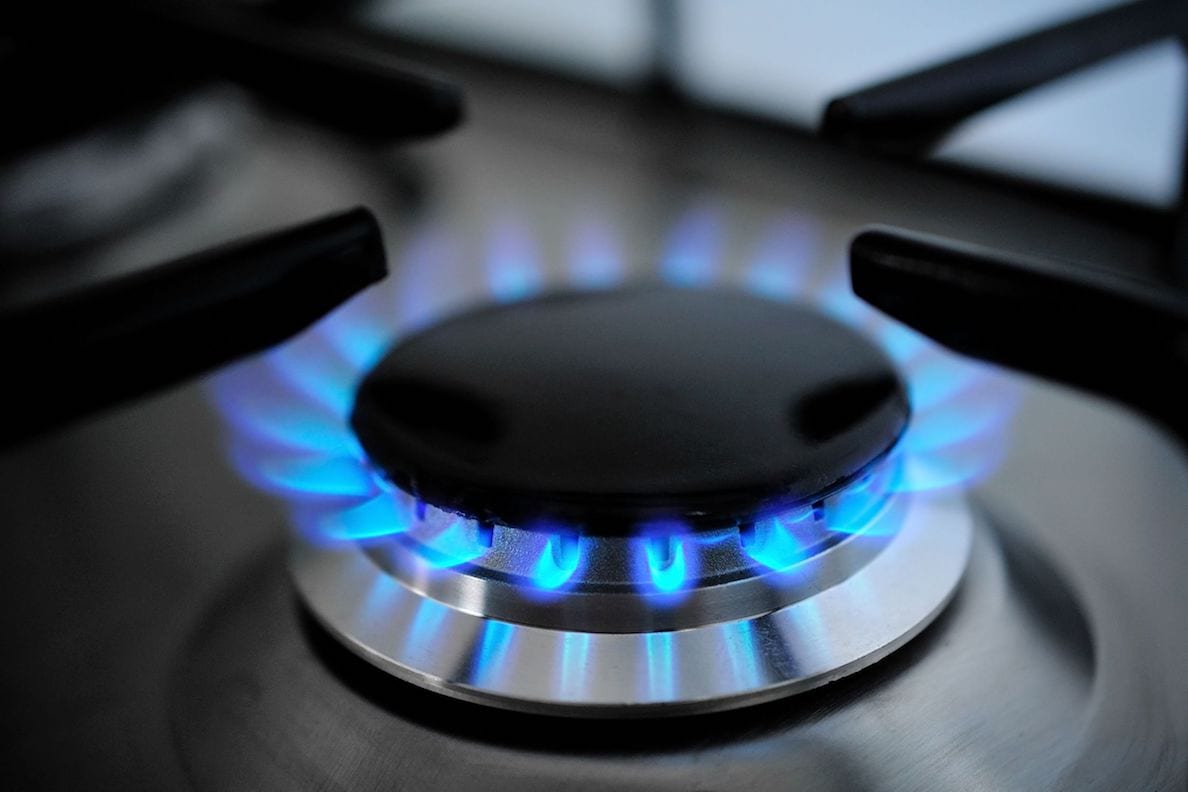
The government has released details on its Energy Bill Relief Scheme and how it will help businesses with soaring energy costs this winter.
The scheme will be available to everyone on a non-domestic contract including: businesses; voluntary sector organisations; and public sector organisations such as schools, hospitals and leisure centres.
The businesses must be: on existing fixed price contracts that were agreed on or after December 1, 2021; signing new fixed price contracts; on variable ‘day ahead’ tariffs; on deemed/out of contract or standard variable tariffs; or on flexible purchase contracts.
Exclusions
The scheme is intended to be broadly applied but there may be very limited exclusions, for example businesses that use gas or electricity for the purpose of generating power they are selling back into the grid, such as power stations, pumped hydro or grid-level battery storage.
The scheme is intended to provide relief on energy bills. Non-domestic suppliers and consumers should not profit from the scheme. Any such activity may result in a reduction in support and those involved may be liable to further penalties.
If you’re not connected to the gas grid
Comparable support will also be provided for non-domestic consumers who use heating oil or alternative fuels instead of gas. Further detail on this will be announced shortly.
The amount your bills will be reduced
The government will provide a discount on your gas and electricity unit prices. To calculate your discount, the estimated wholesale portion of the unit price you would be paying this winter will be compared to a baseline ‘government supported price’ which is lower than currently expected wholesale prices this winter.
For all non-domestic energy users in Norther Ireland this government supported price has been set at:
- £211 per megawatt hour (MWh) for electricity and
- £75 per MWh for gas
This level will ensure consistency with businesses and consumers in Great Britain. It will not be the same as the final per unit price paid by non-domestic customers, which will also reflect other costs such as network charges and operating costs, plus the impact of competition between suppliers.
How it works
Applying the reduction
Suppliers will apply reductions to the bills of all eligible non-domestic customers.
The government will compensate suppliers for the reduction in wholesale gas and electricity unit prices that they are passing onto non-domestic customers.
The discount applied will be in pence per Kilowatt Hour (p/kWh). The p/kWh government support for comparable contracts will be the same across suppliers, but the absolute level of individual bills will continue to vary across different contracts and tariffs.
The gas and electricity wholesale markets in Northern Ireland and Great Britain are closely correlated so the discounts to be applied in Northern Ireland will be calculated using data from Great Britain.
For variable, deemed and all other contracts, the discount will reflect the difference between the government supported price and relevant wholesale price, but be subject to a maximum discount.
The maximum discount has been calculated by comparing the government supported price with the average of expected wholesale prices (in Great Britain) for delivery across the 6 months of the scheme. The maximum discount, set on 30 September 2022, is £345/MWh for electricity and £91/MWh for gas.
If wholesale prices rise above the combined government supported price and maximum discount then your prices will increase.
For fixed contracts the discount will be calculated in a comparable way to the method used in the EBRS GB scheme, and will reflect anticipated prices over the winter in the relevant gas and electricity wholesale markets (in Great Britain) for the day the contact was agreed.
Flexible purchase contract customers should continue to contract and hedge in line with their normal practices so as to avoid market disruptions. If you’re on a flexible purchase contract, your price reduction will depend on the difference between your monthly weighted average price (determined by your individual hedging approach) and the government supported price. In this case the maximum support available per unit of energy will also be limited by the Maximum Discount.
Cashing in, or changing contracting positions or financial instruments, or other similar actions in order to maximise support under the scheme may impact eligibility. Further details will be available in due course.
You do not need to do anything to obtain a discount on the basis of the scheme. The p/kWh government support for comparable contracts will be the same across suppliers, but the absolute level of individual bills will of course continue to vary.
Suppliers are required to ensure that where discounts are being applied under the scheme, they are subject to a price floor set at the government supported price for gas and electricity. This means that the effective retail unit price for a customer’s gas and electricity (inclusive of wholesale, network, policy and supplier costs, but exclusive of VAT and Climate Change Levy) does not fall below the government supported price for each once their discounts have been applied. This is to ensure consistency of support and avoid unintended consequences in some circumstances, such as a customer’s retail unit prices turning negative after a discount is applied under scheme.
Note that Third party intermediaries (TPIs) / energy brokers have no influence over the per unit cost reductions that will be applied to energy costs under the scheme, and you do not have to take out a new contract or change your contract for appropriate reductions to automatically be applied to your bills.
How you will get the reduction
The support will be automatically applied to all eligible bills. You do not need to take action or apply to the scheme.
If you signed your fixed contract before December 1, 2021
If you signed your fixed rate contract before December 1, 2021, you would not have been exposed to the recent rises in wholesale prices, so you will not be eligible for support under the scheme.
This support package only applies to fixed rate contracts signed after 1 December 2021, as it was from that point the more drastic wholesale price rises have taken effect. If you signed your fixed rate contract before 1 December 2021 you will not be eligible for support under this scheme.
If you’re out of contract
If you are out of contract and are waiting to see the details of government support, you should set up your contract as normal. Your supplier will automatically apply appropriate reductions to your energy price for the duration of the scheme.
If you get your energy through a landlord / heat network / energy service company
We expect businesses and other organisation to pass on the benefits under this scheme through to the end user in a reasonable and proportionate way. This will ensure support, for instance, to customers of heat networks and park home residents.
Reviewing the scheme
We will publish a review into the operation of the scheme in 3 months’ time, to inform decisions on future support after March 2023. The review will focus in particular on identifying the most vulnerable non-domestic customers and how the government will continue assisting them with energy costs. These are likely to be those who are least able to adjust, for example by reducing energy usage or increasing energy efficiency.
The review will consider:
- how effective the scheme has been in giving support to vulnerable non-domestic customers
- which groups of non-domestic customers (by sector, size or geography) remain particularly vulnerable to energy price rises, taking into account the latest price position and forward curves, alongside other cost pressures
- how to continue supporting these customers – either by extending the existing scheme for some users, or replacing with a different scheme
Continuing support to those deemed eligible would begin at the end of the initial 6-month support scheme, without a gap.
It’s important that users who are less vulnerable to energy price increases (particularly larger businesses that are not energy-intensive) use the 6 months support provided by the scheme to identify measures they can take to protect themselves against high energy prices.




